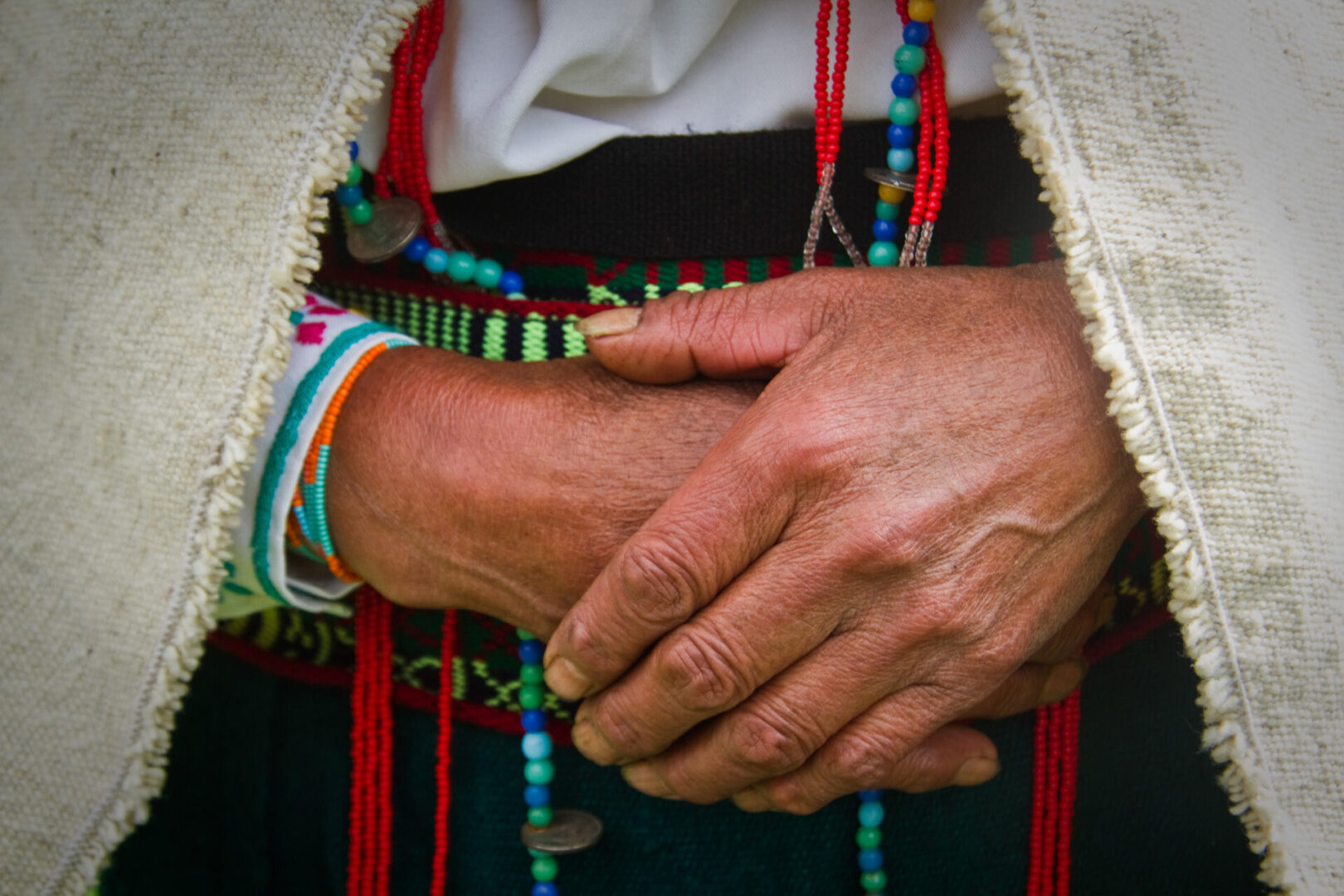Racial health inequities have always existed in America because racism is a fundamental cause of poor health. But simply knowing the statistics and size of the problem is not enough. Programs like HCCP grapple with the manifestations of racism in educational pathways that lead to health leadership careers.
Students from under-represented backgrounds are better prepared to choose health careers when they have had an up-close look at the medical world, along with mentorship and clear next steps to continue their education and training.
Nearly four decades ago, U.S. Secretary of Health and Human Services Margaret M. Heckler acknowledged the need to act, writing “That disparity [between the burden of death and illness experienced by Blacks and other minority Americans] as compared with our nation’s population as a whole has existed ever since accurate federal record keeping began… [and is] an affront both to our ideals and to the ongoing genius of American medicine.”
Overcoming generations of broken trust and health disparities is not simple or easy. Removing and reducing barriers for under-represented students to pursue medical education and health professions is one of many ways that the Washington Permanente Medical Group and Kaiser Permanente are working toward a more equitable medical future.

